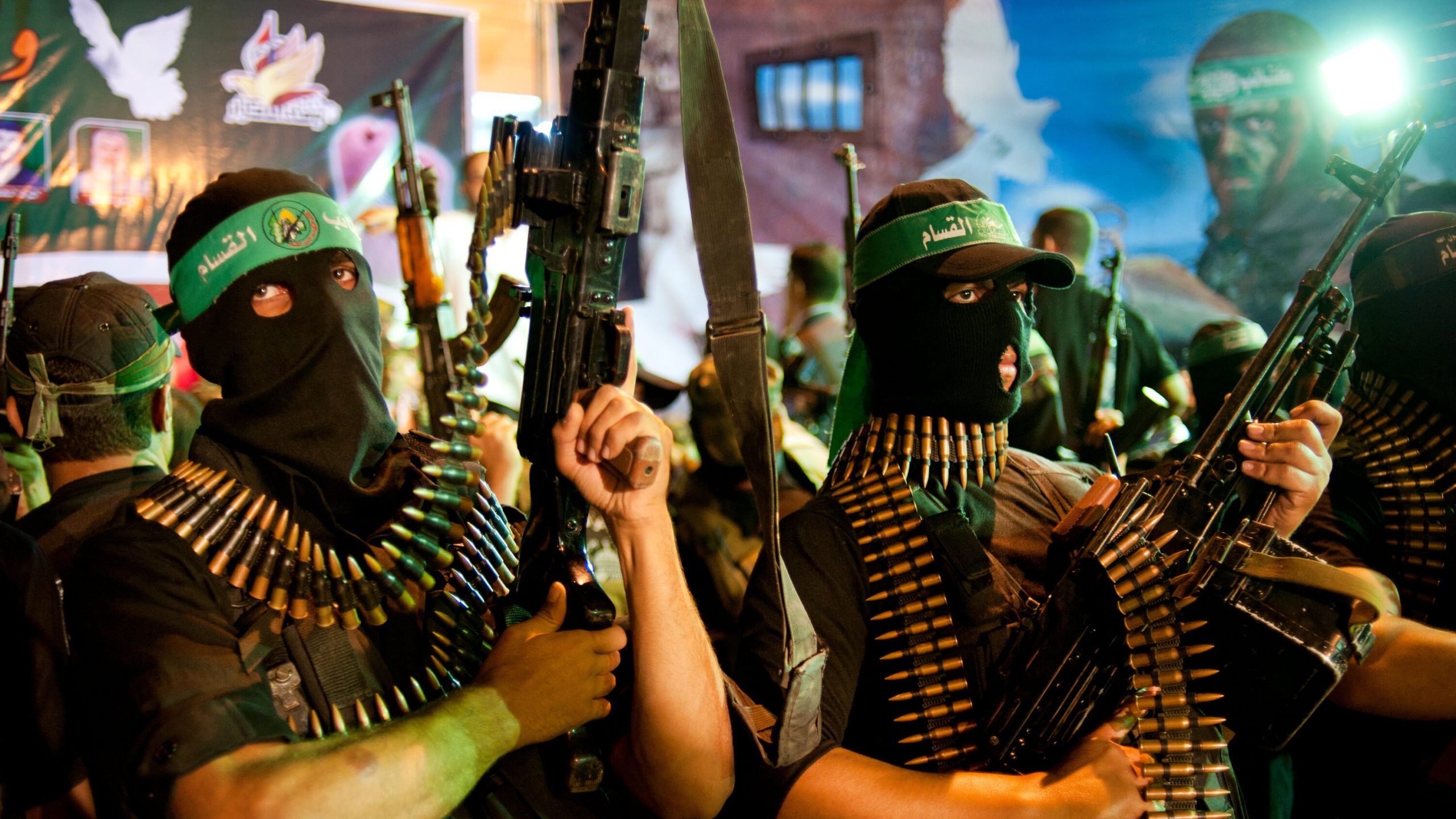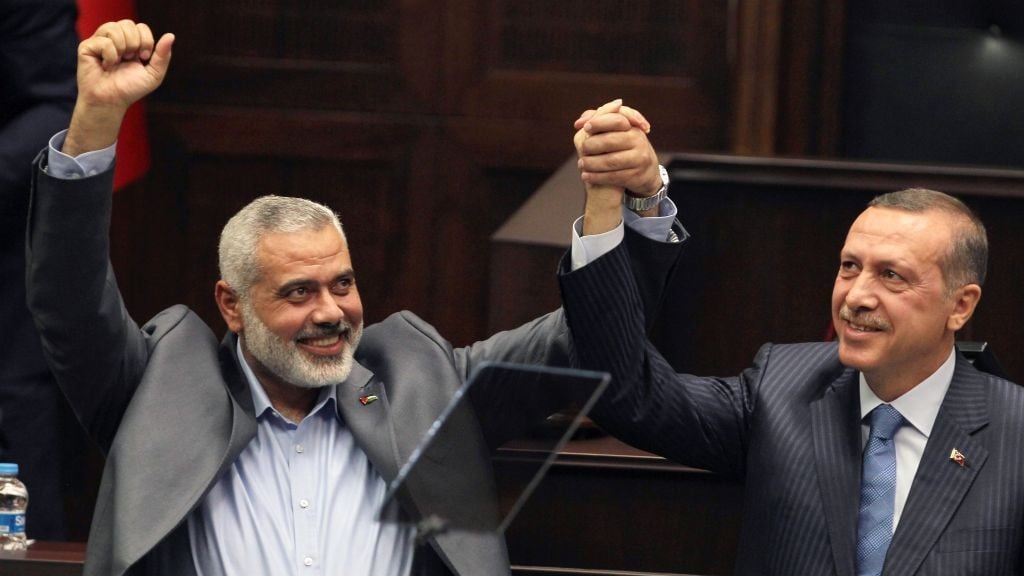Hamas launched an unexpected assault on several fronts on October 7, 2023, when Israel was celebrating Simchat Torah, a holiday that marks the end of the annual Torah scroll reading. Israel was caught off guard by the attack, which comprised a large number of rockets, maritime landings, and unusual strategies that brought back memories of the Yom Kippur War in 1973. This article explores the circumstances surrounding this unique attack and the crucial elements that contributed to it.
Hamas’s Daring Assault
Beginning with a bombardment of between 5,000 and 7,000 rockets fired into Israel, Hamas launched its multidimensional offensive. Unexpectedly, the typically effective “Iron Dome System” failed to stop a sizable portion of these rockets, resulting in damage and casualties in Israeli territory. At the same time, Hamas militants arrived in small boats on Israeli beaches and started attacking Israeli communities.
The most daring action may have been when Hamas agents flew powered hang gliders over the boundary and entered Israeli territory. On motorcycles and pickup vehicles, groups broke over the heavily guarded fence at almost 20 different points, joining them. Over 200 people were killed in this assault, along with a large number of hostages, and an Israeli police station was also taken.
Israel’s Swift Response
Israel’s military responded quickly to this terrible strike. Targeting important Hamas military installations, they bombarded Gaza with heavy artillery and warplanes. Israeli ground forces neutralised numerous Hamas intruders and reclaimed control of the broken border crossings. Although Israel will ultimately prevail due to its superior military strength, the attack has already done tremendous harm to both its prospects for long-term peace and its image as an impregnable stronghold.
Unnoticed Signals
The article emphasises the value of evaluating the warning indicators prior to the attack. The increase in violence in the West Bank over the previous two years was one important sign. In the past, the West Bank remained mainly quiet, whereas Gaza was the main scene of hostilities with Israel. The West Bank has recently seen an uptick in Palestinian Islamic Jihad (PIJ) activity, threatening the status quo.
Israeli military activities in the West Bank and rising clashes that left Palestinians dead were notable episodes. These incidents intensified anti-Israel sentiment and created instability in the West Bank by shifting the focal point of the conflict from Gaza to both ends of Israel’s boundaries.
The Al-Aqsa Dimension
More red flags were raised by the blatant targeting of Palestinian pilgrims at the Al-Aqsa Mosque in East Jerusalem. These assaults stoked tensions by inciting armed factions in various Palestinian territories, drawing censure from Arab nations, and igniting war. The frequent attacks on Al-Aqsa Mosque, which is regarded as Islam’s third holiest site, have had far-reaching effects and further stoked resentment among Palestinians.
Saudi-Israel Diplomatic Deal
Talks of a prospective normalisation agreement between Saudi Arabia and Israel heightened the tense situation. The talks regarding a nuclear programme for Saudi Arabia and unwavering security guarantees for that country are almost finished. However, a deal like that, without a two-state solution being clearly resolved, would have a big impact on the Palestinian insurgency.
Iran’s Resurgence
Israel has been blind to Iran’s rise, which has altered the dynamics in the region. Iran now has a more significant presence in the region as a result of the Saudi-Iran peace agreement, Iran’s ongoing nuclear programme, and its interactions with the US. The Iranian position has additional repercussions for Israel’s Middle Eastern anti-Iran strategy.
Questionable Israeli Policies
Additionally, the piece criticises Benjamin Netanyahu’s policies, pointing out his ongoing provocations, disdain for pleas for restraint, and settlement growth in the West Bank. These acts made the situation worse and heightened hostility.
The October 7, 2023, Hamas attack is a turning point in Israeli history since it casts doubt on the country’s long-term peace prospects and sense of invincibility. It emphasises the value of being alert and cognizant of shifting regional dynamics. Israel’s future security and stability, as well as its interactions with its neighbours and the Palestinian territories, will depend on how it responds to these problems.








